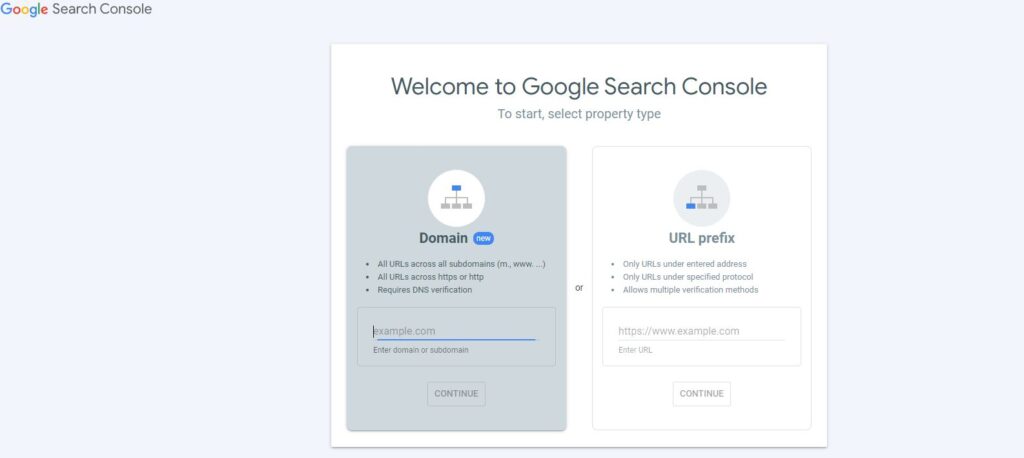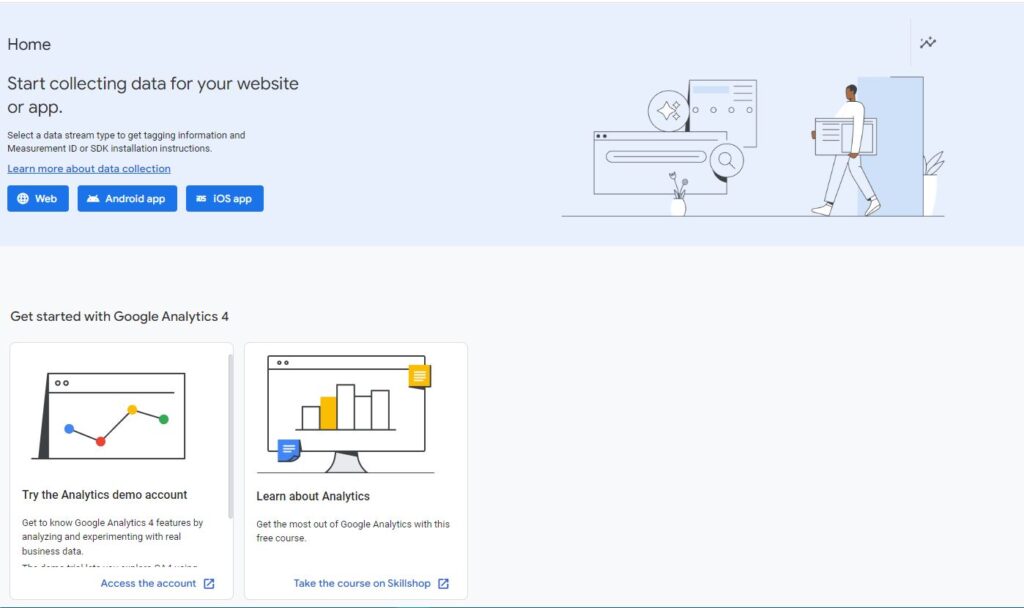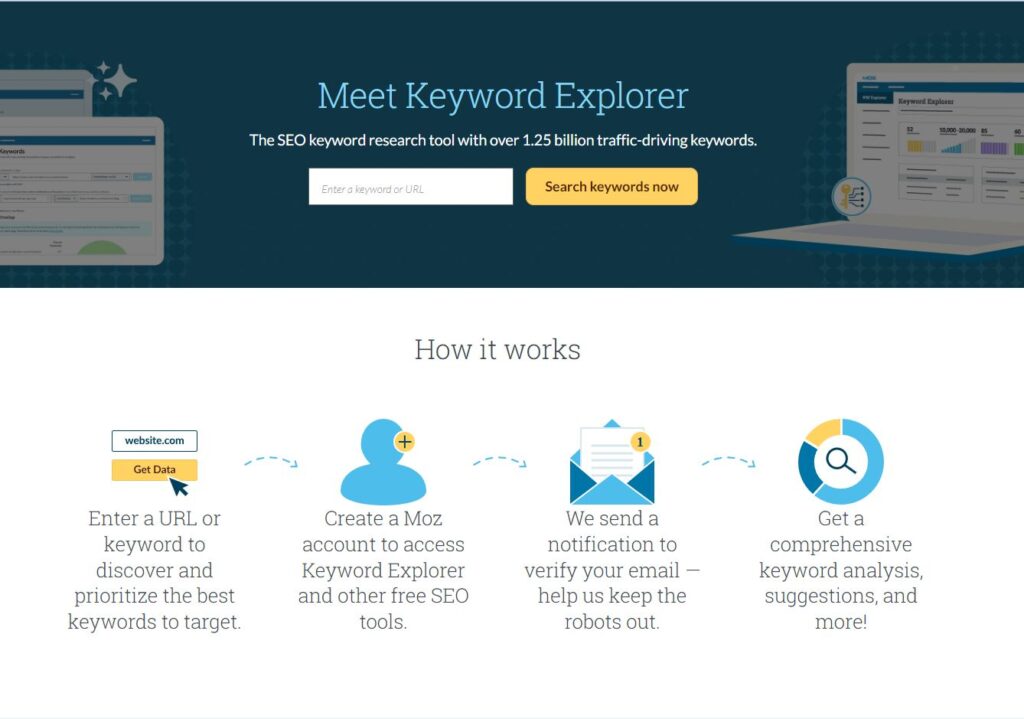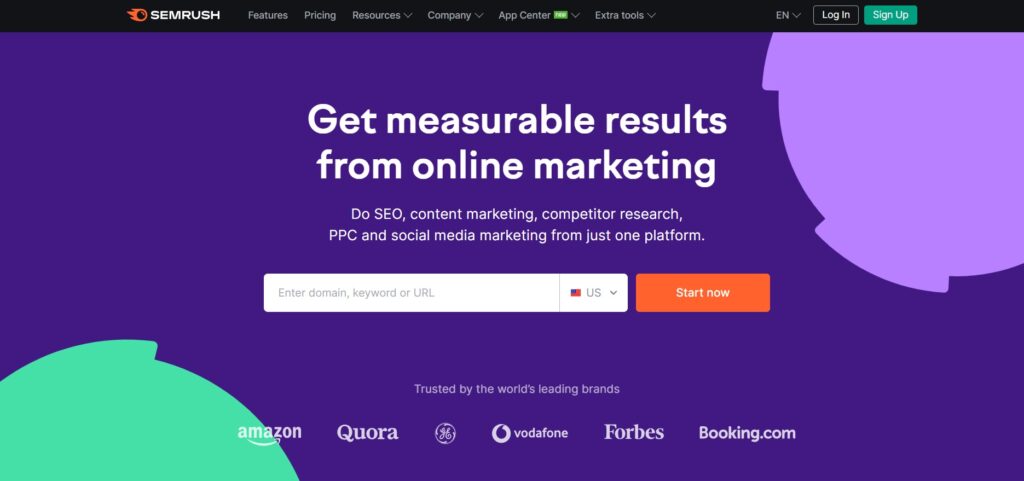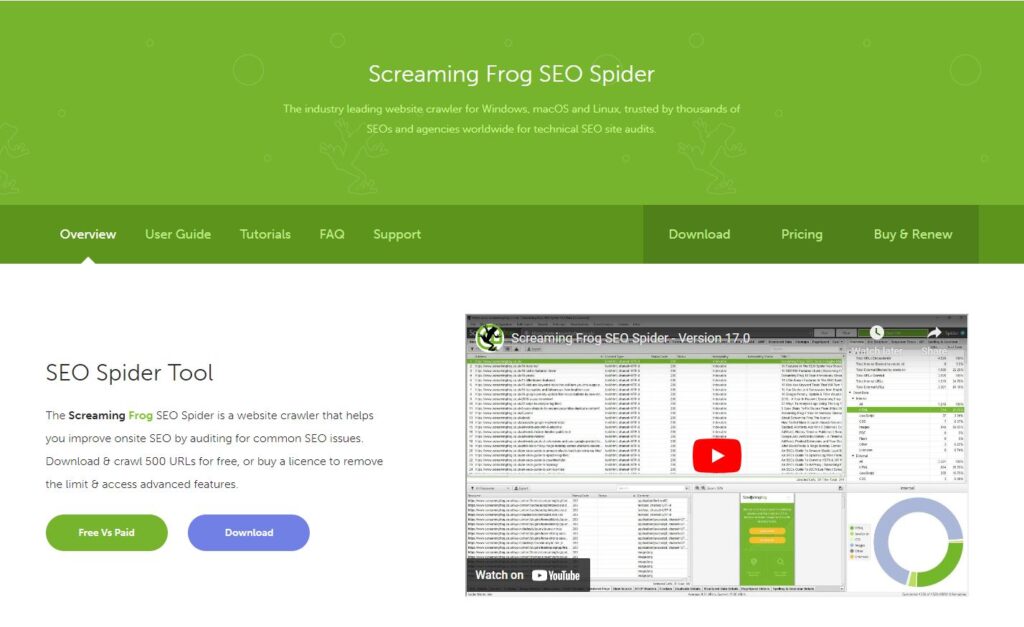Link Building 101: Supercharge Your Website with Proven Strategies
June 23, 2023 | by Jordan Burnot

As search engines continue to prioritize relevant and authoritative links, Here are the link building techniques that can provide a significant boost to your website’s online presence.
First, let us define SEO. It stands for Search Engine Optimization and is the practice of optimizing a website and its content to improve its visibility and rankings in search engine results pages (SERPs). The goal of SEO is to drive organic (non-paid) traffic to a website by appearing higher in search results for relevant search queries.
Link building is a crucial component of SEO because it helps establish authority, trust, and relevance for your website, leading to improved search engine rankings, increased organic traffic, and enhanced visibility in search results.
So, what is link building? Link building is the practice of acquiring hyperlinks from other websites to your own, which aims to improve your visibility and search engine rankings by establishing quality content that is relevant and timely.
The PageRank algorithm was created by Google co-founders Larry Page and Sergey Brin in the late 1990., and it changed how search engines ranked websites. PageRank assigned a value to web pages based on the quantity and quality of links connected. The assumption was that if a page had many links from other reputable pages it would be valuable to the readers.
And the discovery led to the realization that developing a network of high-quality backlinks to a website might have a major impact on its search engine rankings. As a result, website owners and SEO specialist practitioners began actively pursuing backlinks and engaging in link building tactics in order to boost their visibility in search results.
Why is Link Building Important?
Today, search engines are becoming more sophisticated, with a focus on building natural, organic, and authoritative links. And the process of link building includes gaining high-quality backlinks from external sources to boost the exposure, authority, and rankings of websites in search engine result pages (SERP).
When respectable sites connect to your website, it raises brand visibility and recognition. Users who come across your brand via backlinks may become interested, resulting in enhanced brand publicity and potential customer acquisition.
And when search engines discover links to your website from credible sources, they are more likely to crawl and index your content, resulting in a faster and more thorough indexing of your site.
You may be wondering how it works, so here’s an example. Imagine you run an e-commerce website that sells organic skincare products. You have a range of high-quality, all-natural products, but you’re struggling to get visibility in search engine results and attract customers to your website.
In this situation, implementing a strategic link building campaign becomes crucial. By acquiring backlinks from relevant and authoritative sources, you can significantly impact your website’s visibility, brand recognition, and organic traffic.
You reach out to influential beauty bloggers and skincare experts in your industry, offering them free samples of your products to review. They find your products impressive and write detailed reviews on their popular blogs, linking back to your website in the process.
As a result of these backlinks, your website begins to climb in search engine rankings for relevant keywords such as “organic skincare products” or “natural beauty products” because users who read positive reviews on beauty blogs are intrigued; they want to know more about your products, and the bloggers loyal followers click on the links to visit your website because they trust the recommendations and perceive your brand as reputable.
What is your most successful link building tactic in 2023?
Hence digital marketing has a dynamic language, effective link building has become a cornerstone for online success. As search engines continue to prioritize relevant and authoritative links, implementing the techniques below can provide a significant boost to your website’s online presence, organic search rankings, and ultimately, increase traffic.
1. Contextual Link Building

These links are placed within the body of the content and are surrounded by text that provides context and relevance to the linked page, and this strategy seeks to create a natural and helpful linking environment by acquiring backlinks within the context of relevant and related content that is aligned with both user experience and search engine optimization principles. They offer an opportunity for users to explore further and gain more in-depth knowledge on the topic.
2. Guest Blogging
It is yet another link-building method that involves finding authoritative and relevant websites that accept guest posts linked to the content you prepared based on your business or niche. Ensure that the websites have a good reputation and a solid readership. This method not only helps in the acquisition of quality backlinks, but also establishes your credibility, and expands your brand’s exposure within your industry.
3. Earning High Quality Editorial Backlinks
Start by creating high-quality, valuable, and engaging content on your website. This can include in-depth guides, research studies, original data analysis, industry-leading articles, or informative blog posts. The content should be unique, well-researched, and provide valuable insights or solutions to the target audience. Once you have valuable content published on your website, conduct targeted outreach to relevant websites within your industry. Identify authoritative websites, blogs, or online publications that cover topics related to your content.
Reach out to website owners, editors, or content managers, and personalize your outreach messages. Highlight the specific content you have created and explain why it would be valuable to their readership or audience. Clearly communicate how your content adds value or provides unique insights that complement their existing content. Explain how it can enhance their existing articles or provide additional resources for their readers. Mention any unique aspects, data, or perspectives your content offers, making it a valuable resource for their audience.
Building relationships with website owners and influencers in your industry is crucial for earning editorial backlinks. Engage with them on social media, share their content, and interact with their posts. This helps establish a connection and increases the likelihood of them considering your content for backlink opportunities. And it’s important to follow ethical SEO practices when earning editorial backlinks. Avoid buying links or engaging in manipulative practices that violate search engine guidelines.
Guest Blogging vs. Earning High Quality Editorial Content
1 | Purpose
The primary purpose of guest blogging is to showcase your expertise, reach new audiences, and build relationships with other industry professionals, while earning high quality editorial backlinks main objective is to improve your website’s authority, credibility, and organic search.
2 | Focus
Guest Blogging focuses on creating valuable content for the host website’s audience while earning high quality editorial backlinks focus on acquiring links from authoritative websites.
3 | Control
When guest blogging, you have more control over the content creation process, including the topic, structure, and quality. However, you must adhere to the guidelines and standards set by the host website. On the other hand, earning editorial backlinks often involves pitching content ideas or reaching out to website owners or editors. While you have some influence over the content , the final decision on including your link lies with the website owner or editor.
4 | Content Placement
With guest blogging, you typically have the opportunity to have your content featured prominently on the host website, either as standalone post or within a relevant section while in editorial backlink the primary focus is on obtaining a link within an existing article or resource on the host website.
Both guest blogging and earning high-quality editorial backlinks can be effective strategies for SEO, but they serve slightly different purposes and involve different levels of control and content placement. Depending on your goals and resources, you can choose the approach that aligns best with your overall SEO strategy.
4. Influencer Collaboration
Since influencers often have a strong presence on social media platforms. Collaborating with them can generate more social media engagement, such as likes, shares, comments, and mentions. These signals contribute to improved brand visibility, increased website traffic, and potential signals to search engines about popularity and relevance of your content.
5. Building Relationship with Webmaster
Webmasters have influence and authority within their respective niches, by building relationships with them, you gain access to their networks, tap into their audiences, and leverage their credibility to amplify your brand’s credibility. Webmasters can also help you when you encounter technical issues or need assistance with web related matters.
6. Internal Link Optimization
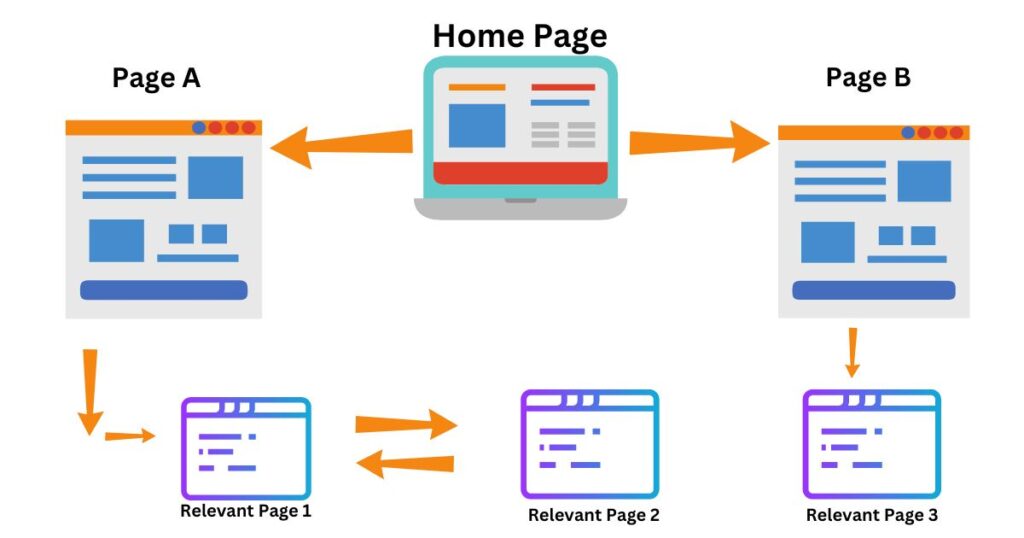
This is a practice of creating a network of internal links within the website using hyperlinks. By strategically interlinking your content, you can provide a better user experience, increase visibility in search results, and ultimately drive more organic traffic to your website.
When creating internal links, use descriptive and keyword rich anchor text. This provides clear context to search engines and users about the content they can expect when clicking on the link. In addition, prioritize relevant and contextual links because this enhances the user experience and helps search engines understand the topical relationship between linked pages.
While it’s important to optimize internal links, avoid excessive linking, keyword stuffing, or using manipulative tactics. Focus on natural and user-friendly linking practices.
Awesome Link Building Tools [2023 Review ]
1. Google Search Console:
It offers valuable insights into your website’s performance, indexing status, and search visibility. Monitor your site, submit sitemaps, analyze keywords, and identify and fix technical issues to improve your site’s SEO.
2. Google Analytics:
This powerful web analytics tool provides comprehensive data on your website’s traffic, user behavior, conversions, and more. Gain insights into your audience, track campaign performance, and make data-driven decisions to optimize your website’s performance.
3. Moz Link Explorer:
Discover and analyze backlinks to your website with Moz Link Explorer. Get a comprehensive overview of your link profile, including link quality, anchor text, and domain authority. Uncover link-building opportunities and track your progress over time.
4. SEMrush:
It offers a wide range of SEO tools for keyword research, competitor analysis, site audits, and rank tracking. Gain insights into your organic search visibility, identify opportunities to improve rankings, and analyze your competitors’ strategies.
5. Ubersuggest:
Is a comprehensive keyword research tool that helps you uncover valuable keywords, analyze search volumes, competition, and trends. It provides insights into top-ranking pages, backlink data, and content ideas. Ubersuggest offers a range of SEO metrics, making it a useful tool for optimizing your website’s content and driving organic traffic.
6.Screaming Frog SEO Spider:
Is a website crawling tool that provides valuable data on your site’s structure, broken links, meta tags, and more. It helps you identify technical issues that may impact your website’s SEO performance.
Ready to start?
For any questions, please don’t hesitate to email us at support@YellowHatApprentice.com
